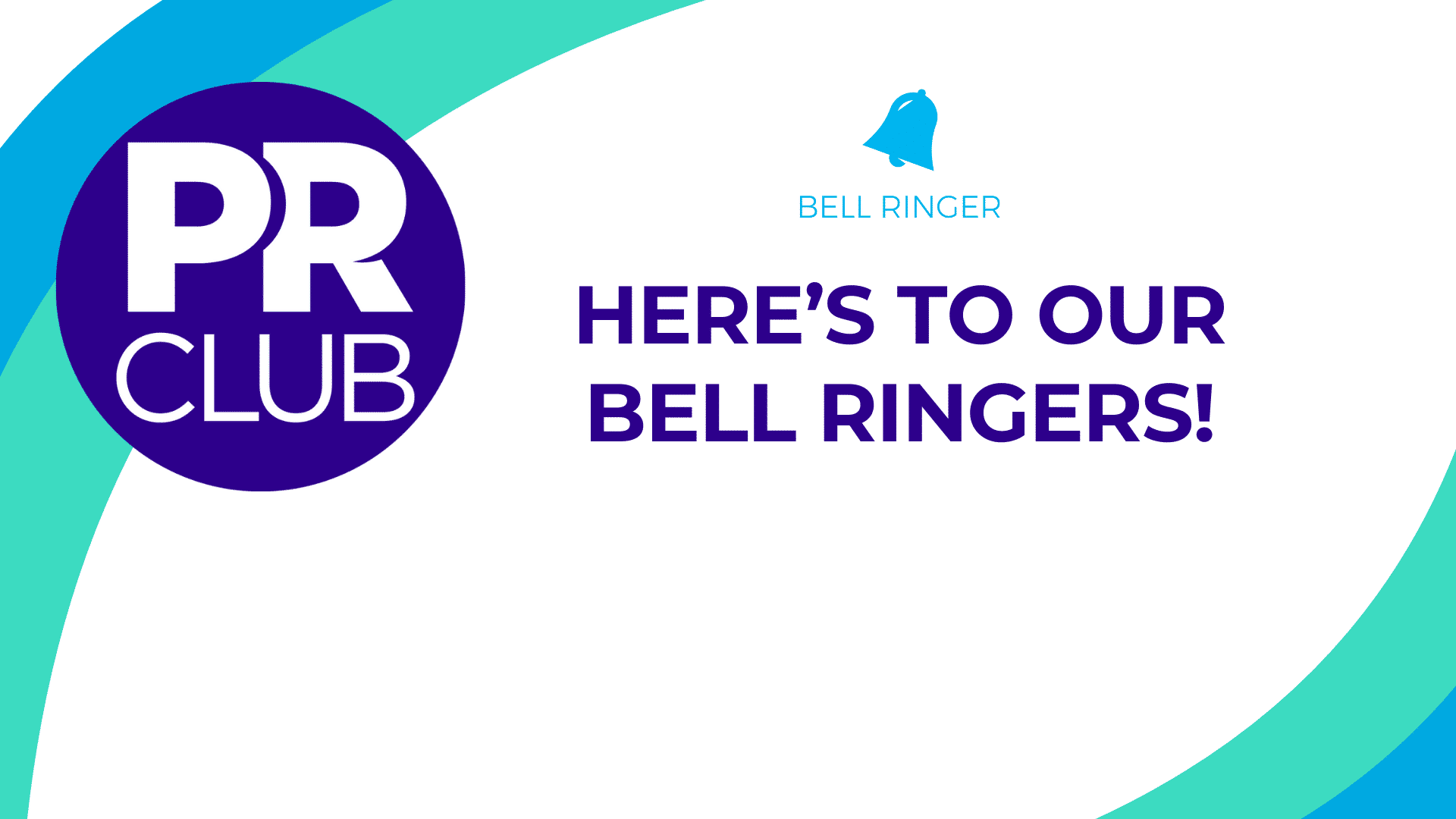Agency life can be stressful – competing deadlines, servicing clients, managing team dynamics and keeping pace with a rapidly evolving news cycle is demanding for anyone at any level. Layer in the weight of a prolonged pandemic, record inflation, global conflicts and personal challenges, and some days feel completely overwhelming.
As May is Mental Health Awareness Month, the PR Club caught up with Kara LaMarche, Founder of Connect-the-Dots New Hampshire, and Danielle Conlin, Director of Human Resources at Matter Communications, for a brief Q&A to discuss prioritizing mental health in the workplace.
Kara LaMarche, Founder of Connect-the-Dots New Hampshire

- Tell us a bit about Connect the Dots NH and how it supports mental health.
https://www.connect-the-dots-nh.com/ is a website dedicated to connecting people with resources to fight depression and prevent suicide – either in themselves, a loved one, a teammate, a work colleague, etc. Connect the Dots NH does this through awareness, advocacy, community events and really anything to keep mental health and suicide prevention approachable topics of conversation at all ages and stages of life. - What are your thoughts on the state of mental health in the workplace?
Professionals are facing a critical, and pivotal, moment in time. Unprecedented societal circumstances are becoming too much for people to compartmentalize to their personal lives and it’s spilling over to affect them at the workplace. Today’s stressors on adults, and kids, will have a lasting impact in ways we aren’t even able to predict. The good news is that mental health awareness is on the rise and is becoming less of a taboo. So, while this is a time like none of us have ever experienced, it’s also giving mental health a platform to be heard and supported like never before. - How can you differentiate everyday work stress and a greater mental health concern? What are some of the signs to look for?
Everyday stress can be dealt with by using positive coping mechanisms. For example: shutting down your computer and going for a run or a walk, working through it with a partner/trusted loved one, seeking help from a mental health professional, stepping away from it for a few days to clear your head and then feeling re-energized to address it. A key sign to look out for that might indicate positive coping mechanisms aren’t working is when you start replacing them with negative ones (drug use, increased alcohol consumption, engaging in risky activities, self-harming/self-sabotaging behavior). One thing you can do, while in a non-stressed state of mind, is to think through where your tipping point is and do what you need to do to remind yourself of it (post up sticky notes, message yourself on your phone/computer, record a video of you vocalizing what would be red flags worthy of concern). - What tips can you share for creating work-life balance/managing stress at work?
- Figure out what “balance” means to you. One person’s definition may be different from another’s and that can create disharmony in the workplace. And remember, PTO and vacations are crucial to preventing burnout and maintaining one’s health and well-being. You should not feel guilty (or be made to feel guilty) about taking time off that you’ve earned.
- Set appropriate expectations and boundaries around that balance. We live in a world where we can (and do!) access one another, instantly. Don’t be afraid to create space to take the time you need to focus on family and other pursuits.
- Set the bar high for evaluating when you *actually* need to do something (i.e. work on your prioritization skills). I love the saying around, “when we’re in the later stages of our lives no one ever wishes they had worked more.” Keep that in mind when you are OOO and get interrupted with a “work emergency.” Ask yourself, “Do I really need to address this NOW or can it wait?”
- Spend time looking for resources before you need them. There are many wonderful organizations and support tools out there, but it can be overwhelming to search for them, especially in an elevated state when you really need fast help. Some of my favorites are grouped by category at https://www.connect-the-dots-nh.com/ with videos, images and links to show people of all ages, colors, genders, geolocations, etc. that they are not alone.
- What can you do as a co-worker to help someone you think is struggling, even if you aren’t a close friend?
There is a great youth mental health program called SOS Signs of Suicide by Mindwise Innovations. It uses the acronym “ACT” to teach what to do when a peer is at risk. ACT stands for Acknowledge, Care, Tell, and it can easily be applied in the workplace (and used for adults in any environment). If you see a co-worker behaving out of character, ACT. Acknowledge to them you are seeing things that are of concern; let them know you Care; and then Tell the appropriate person. Tell is of course the hardest one to initiate, but if someone is truly in danger, it is always best to bring the issue to light so the person can get the help they need. In today’s workplace, employees can (and should) expect their company’s HR department is well equipped to provide support for this type of situation. As a side note, it’s important to remember that the way our insurance system is set up, people rely on employers for the vast amount of coverage we receive for our physical health. We need to make sure companies recognize that health is health – whether physical or mental – and employee insurance needs to cover it all.
Danielle Conlin, VP, Human Resources, Matter Communications

- If an employee suspects a colleague is struggling with their mental health, what should they do?
If they are comfortable doing so, they should check-in with their colleague and ask if they are OK. Let them know that there are resources and support available – whether that is reaching out to HR directly, finding an external or internal resource to utilize, or letting them know that they can reach out to their managers for additional guidance and support. - If someone is struggling with mental health in the workplace, what steps should they take? Who should they turn to?
If someone is struggling with mental health in the workplace, they should reach out to HR directly. HR can share employee assistance program offerings, discuss their challenges and look for ways to support them in the workplace. They can also always reach out to their managers directly for support as well. There is no one solution that fits all when it comes to mental health, but having an open discussion with HR or your manager is the first step to helping an individual.
Additional Information
- 57% of U.S. workers reported feeling daily stress, up by eight percentage points from the prior year. (Gallup’s State of the Global Workplace: 2021 Report)
- Nine out of 10 employees are concerned about their burnout levels. (Pathways’ Mind at Work: A Report on Employee Mental Health)
- Depression interferes with a person’s ability to complete physical job tasks about 20% of the time and reduces cognitive performance about 35% of the time. (Center for Disease Control)
- Work-life balance was the third-highest concern for employees in 2021. (Pathways’ Mind at Work: A Report on Employee Mental Health)
- 72% of employees want employers to champion mental health and well-being, but 63% think their workplace is unhelpful (Peldon Rose).
If you need help now, please call The National Suicide Prevention Lifeline 1-800-273-TALK (8255) or the Crisis TEXT Line at 741741.
Contributors for this article include PR Club Board Members Jessica Ann Morris, Founder/CEO of jam:pr and Kat Aronofsky, Account Manager at Matter Communications.




